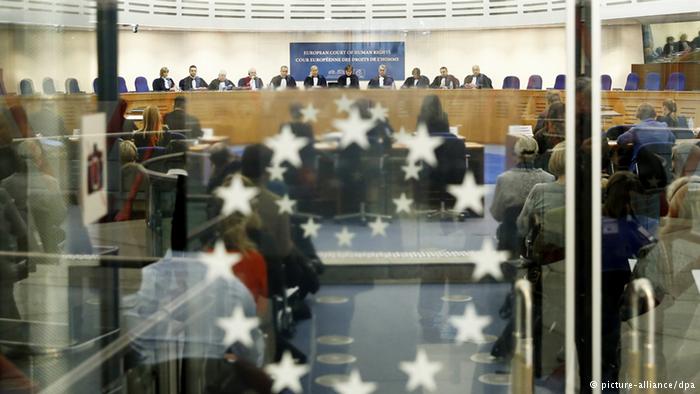European Court of Human Rights: Italian Authorities' removal of a child born from surrogacy with no biological ties to intended parents was not contrary to the ECHR

In the judgment of January 24th 2017, the Grand Chamber of European Court of Human Rights reversed the decision of January 2015, which condemned Italy for the violation of Article 8 of the European Convention of Human Rights that guarantees the right to respect for family and private life. The case concerned Italy’s refusal to register the birth certificate of a child and its decision to place the nine-month-old in social-service care. The child was born in Russia following a gestational surrogacy contract, entered into with a Russian woman by an Italian couple who had no biological relationship with the child.
The Court had originally declaring admissible the complaint of the applicants Ms Paradiso and Mr Campanelli (no. 25358/2012) due to the existence of de facto family ties between them and the child, which reentered into the scope of private life under Article 8 ECHR.
The Court had also found that article 8 had been violated since National Authorities had not struck a fair balance between the best interests of the child and the protection of public interest, instead adopting the extreme measure of removing of the child on the grounds that he had no biological relationship with the applicants.
In the decision of 24th January 2017, the Grand Chamber of ECtHR has reversed this judgment (by eleven votes to six) stating instead that the Italian courts had struck a fair balance between the different interests at stake, having concluded that the child would not suffer grave or irreparable harm as a result of the separation.
The Court considered that the contested measures had pursued the legitimate aims of preventing disorder and protecting the rights and freedoms of others. On this last point, it regarded as legitimate the Italian authorities’ wish to reaffirm the State’s exclusive competence to recognise a legal parent-child relationship – and this solely in the case of a biological tie or lawful adoption – with a view to protecting children.

